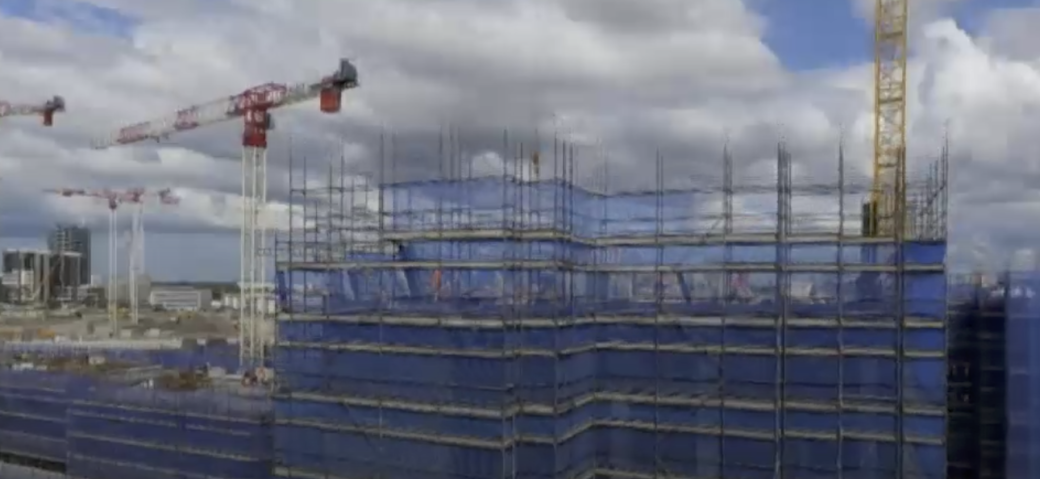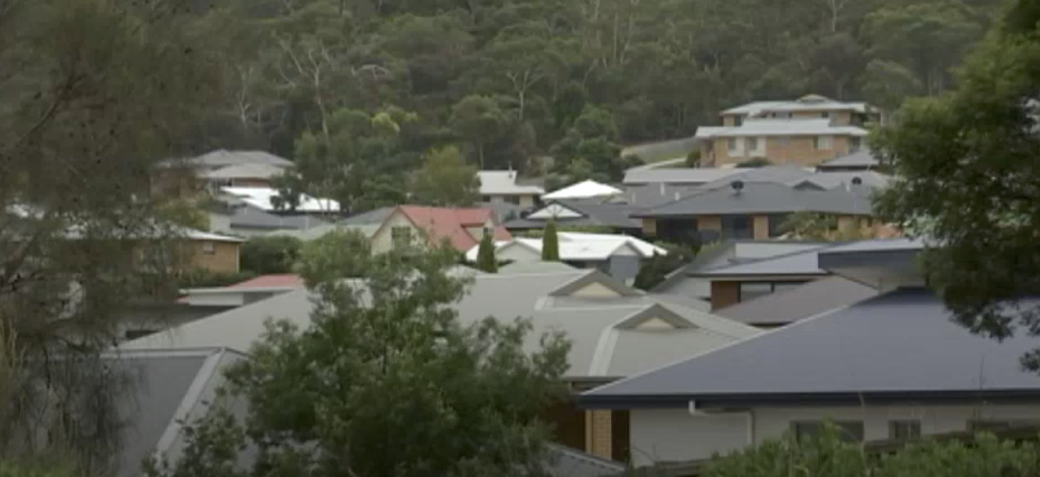Australian regulators should be drafting contingency plans for a severe collapse in house prices with a “hard landing” looming as a key risk, the OECD is warning.
Key points:
- Housing is a vulnerability because of elevated prices and high household debt
- OECD says a housing crash and surge in defaults is unlikely but would pose a serious economic threat
- The OECD’s base case is for a gradual rise in interest rates as wages growth and inflation picks up
In its latest survey on Australia, the Organization for Economic Cooperation and Development (OECD) pointed to the possibility of a “significant correction” in the housing market that might result in “financial institution insolvency”.While the OECD argues a “direct hit” from mortgage defaults is unlikely, the report said a dive in consumer confidence as a result of declining personal wealth would hurt the overall economy.
“If house prices collapse, consumer spending could suffer via negative impact on wealth including exposure to bank shares which would encourage deleveraging,” the report cautioned. “Together with reduced housing-related expenditures, this would put pressure on the whole economy.”
Despite this potentially gloomy scenario, the OECD has cited Australia’s resilience to economic shocks and its 27-year record of unbroken economic growth.In the event of a soft landing for housing, the OECD said the Reserve Bank should could gradually raise interest rates and that the Federal Government should continue to build up its budget surpluses.
The OECD is concerned that a long era of record low interest rates would lead to distortions in the economy with the risk of further imbalances if the low rates environment continues.
Treasurer Josh Frydenberg has seized on the positive comments from the OECD and said it confirmed “strong and disciplined budget management”.
Mr Frydenberg acknowledged the OECD’s concerns about a possible housing collapse but warned that Labor’s proposed changes to negative gearing would “damage Australia’s housing market”.
The OECD’s warning follows a current correction in Australia’s big housing markets of Sydney and Melbourne, after prices in some areas surged by as much as 80 per cent over the five years to 2017.
Last week, Reserve Bank deputy governor Guy Debelle confirmed interest rates could be cut in the event of a housing downturn exacerbated by tighter lending standards as a result of the financial services royal commission.

Resource from: https://www.abc.net.au/news/
